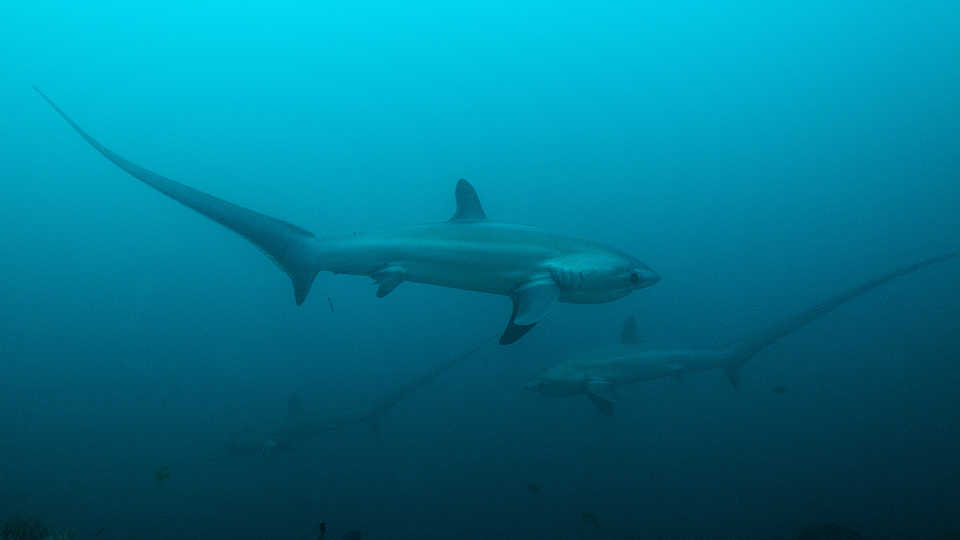Sharks have been on this planet for approximately 400 million years, but their numbers have decreased dramatically—an estimated 90 percent—in just a fraction of that time. A decline on that scale is hard to imagine, but with an estimated 70–100 million sharks killed each year, that percentage becomes somewhat more conceivable. The majority of sharks are hunted solely for their fins, and their fins are used solely for soup, a longstanding symbol of affluence in Chinese culture. With China’s economy skyrocketing in recent years, the number of people who can afford to purchase shark fins has increased exponentially, making finning a much more lucrative business. Outside of China, California has historically been one of the largest importers of shark fins.
In early 2011, California State Assemblymembers Paul Fong and Jared Huffman co-authored AB 376, a bill that would tackle the issue by making the purchase, sale, trade, or possession of shark fins within California illegal. Shark finning has been banned in federal waters since 2000, but not its associated economic activity. The bill was introduced at a press conference at the Academy, where several staff members plus representatives from the Monterey Bay Aquarium, conservation groups, and the Asian-American community all stated their support. It passed both houses and was signed into law that fall, with the ban effective beginning in 2012. Despite this major leap forward for shark conservation, there were still more legal uncertainties ahead.
Fighting the Ban
In October 2012, two groups filed a motion for a preliminary injunction against the ban, claiming it discriminated against Chinese Americans. Prior to the hearing, John McCosker, Senior Scientist and Chair of the Department of Aquatic Biology at the Academy, filed a brief, known as an amicus curiae, with the U.S. District Court, outlining the significant ecological role that sharks play and the harmful effects of shark finning.
In the brief McCosker described some of the far-reaching impacts of finning. Not only is the practice devastating to shark populations because of the large number of sharks killed every year, but the fishing gear used for capture primarily ensnares adult sharks, destabilizing the population. Sharks take a relatively long time to mature—a minimum of seven years—and produce small litters. By primarily impacting the breeding population, the effect is obvious: fewer sharks mating means fewer sharks born.
One of the main arguments from the group lobbying for injunction was that finning has not heavily impacted all shark species. Even so, scientists argue, many species have been decimated. It only takes a modest reduction in shark numbers to have a major impact on an ecosystem. Sharks, as natural apex predators, have an enormous role in shaping ocean communities. When their numbers fall, it allows the next level of prey to thrive in abundance with continuing rippling effects, causing severe disruption in the environment and marine community. This pattern, called a trophic cascade, has already been observed in ocean ecosystems from the Northwest Atlantic to Japan.
The injunction was denied, but not long after, the National Oceanic and Atmospheric Administration (NOAA) turned its attention to the nine states that had passed their own bans. It proposed a new rule that would allow federal law to overturn these state bans if they were found inconsistent with the Shark Conservation Act of 2010. After several months, the agency retracted its proposal after an outpouring of public support of the state bans, issuing this statement: “It was important for NOAA to confirm that these state laws did not restrict the possession of shark fins in a way that would create problems for fishermen fishing legally for sharks in federal waters.”


